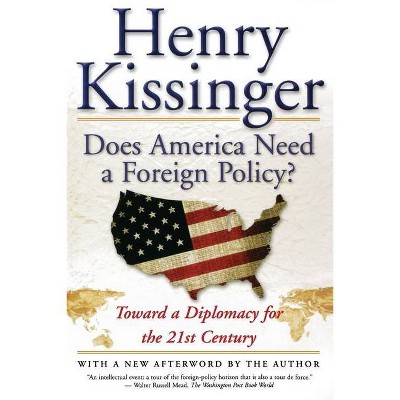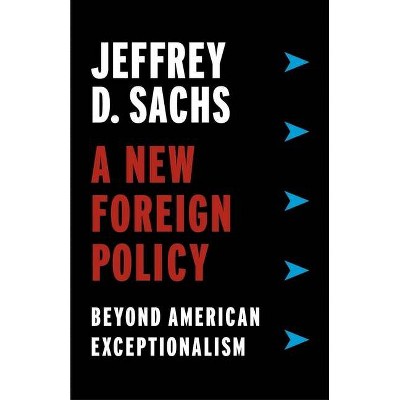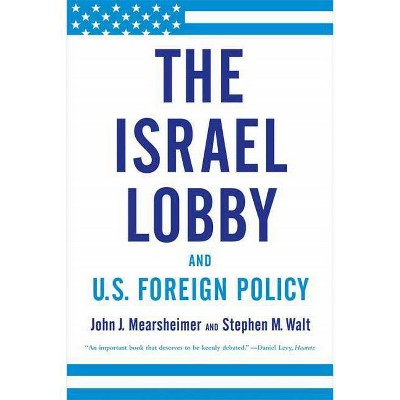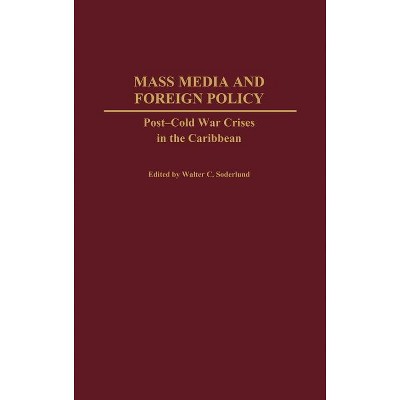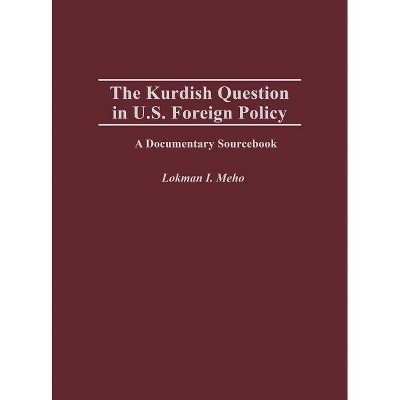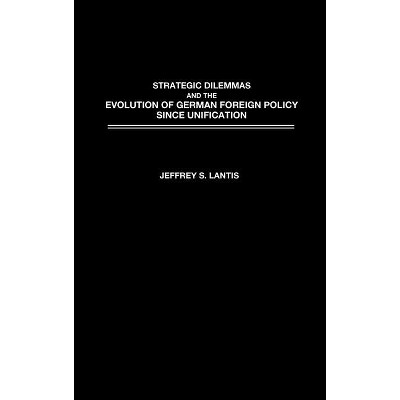Sponsored

Nigerian Foreign Policy Under Military Rule, 1966-1999 - by Olayiwola Abegunrin (Hardcover)
In Stock
Sponsored
About this item
Highlights
- Abegunrin provides a significant and comprenhensive examination of Nigerian foreign policy (1966-1999) during the almost 33 years of military rule, punctuated by the four-year civilian interregnum, 1979-1983.
- About the Author: OLAYIWOLA ABEGUNRIN is Professor of International Relations at Howard University.
- 240 Pages
- Political Science, International Relations
Description
About the Book
Abegunrin provides a significant and comprenhensive examination of Nigerian foreign policy (1966-1999) during the almost 33 years of military rule, punctuated by the four-year civilian interregnum, 1979-1983. He analyzes what led to the military rule in 1966, and the foreign policy performance of each military regime that ruled the country since 1966. He also discusses extensively the economic dimension of the nation's foreign policy.
He shows that the last 15 years, the period of Generals Babangida and Abacha, were the most corrupt and brutal that Nigeria had seen since independence. The mysterious sudden death of General Sani Abacha led to the appointment of General Abubakar, who handed power over to an elected civilian government in May 1999, led by President Olusegun Obasanjo. Of particular interest to scholars, students, and other researchers involved with African politics and foreign policy and the role of the military in politial affairs.
Book Synopsis
Abegunrin provides a significant and comprenhensive examination of Nigerian foreign policy (1966-1999) during the almost 33 years of military rule, punctuated by the four-year civilian interregnum, 1979-1983. He analyzes what led to the military rule in 1966, and the foreign policy performance of each military regime that ruled the country since 1966. He also discusses extensively the economic dimension of the nation's foreign policy.
He shows that the last 15 years, the period of Generals Babangida and Abacha, were the most corrupt and brutal that Nigeria had seen since independence. The mysterious sudden death of General Sani Abacha led to the appointment of General Abubakar, who handed power over to an elected civilian government in May 1999, led by President Olusegun Obasanjo. Of particular interest to scholars, students, and other researchers involved with African politics and foreign policy and the role of the military in politial affairs.Review Quotes
?This carefully documented survey examines an infamous period. For nearly a quarter century Nigeria endured rulers from the armed forces. Their rapacious rule drastically diminished its prestige within the subregion, continent, and world. On the other hand, Nigeria's rapidly expanded oil wealth gave the military dictators and their cronies ample funds to dispense to their clients, sapping the internal unity of the armed forces and reinforcing a get-rich-quick mentality....Recommended. Upper-division undergraduates and graduate students.?-Choice
"This carefully documented survey examines an infamous period. For nearly a quarter century Nigeria endured rulers from the armed forces. Their rapacious rule drastically diminished its prestige within the subregion, continent, and world. On the other hand, Nigeria's rapidly expanded oil wealth gave the military dictators and their cronies ample funds to dispense to their clients, sapping the internal unity of the armed forces and reinforcing a get-rich-quick mentality....Recommended. Upper-division undergraduates and graduate students."-Choice
About the Author
OLAYIWOLA ABEGUNRIN is Professor of International Relations at Howard University. He taught international relations at Obafemi Awolowo University, Ile-Ife, Nigeria, from 1980 to 1990 and served as chair of the department. He is the author, co-author, or editor of five earlier books and numerous book chapters and articles.





